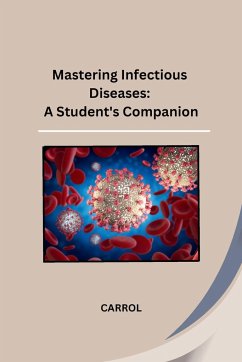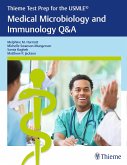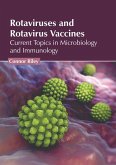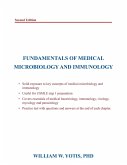Infectious diseases play a vital role in the field of internal medicine, and understanding their importance is crucial for students pursuing a career in this field. In this subchapter, we will explore why infectious diseases are significant and how they impact the field of internal medicine. First and foremost, infectious diseases are essential to study because they are a significant cause of illness and mortality worldwide. From common infections like the flu to more severe diseases like tuberculosis and HIV/AIDS, infectious diseases affect millions of people annually. By understanding the pathogens responsible for these diseases, medical professionals can develop effective prevention strategies, diagnostic tools, and treatment protocols. This knowledge is invaluable in managing and controlling infectious diseases, ultimately saving lives. Moreover, infectious diseases have a profound impact on public health. Outbreaks and epidemics can lead to a substantial burden on healthcare systems, affecting entire populations. By studying infectious diseases, students can learn about surveillance systems, outbreak investigations, and the implementation of control measures to prevent the spread of diseases within communities. This knowledge allows for efficient and timely responses to outbreaks, minimizing their impact on public health. Understanding infectious diseases is also essential in the context of antimicrobial resistance (AMR). The misuse and overuse of antibiotics have led to the development of drug-resistant bacteria, making the treatment of infections more challenging. Students studying internal medicine need to be aware of this growing threat and learn about strategies to combat AMR. By promoting proper antibiotic stewardship, medical professionals can help slow down the emergence of drug-resistant infections and preserve the efficacy of available antimicrobial agents. In addition to their clinical significance, infectious diseases have a social and economic impact. Outbreaks can disrupt economies, strain healthcare systems, and cause fear and panic among populations. By studying infectious diseases, students can understand the social determinants of health, the cultural aspects influencing disease transmission, and the importance of effective communication in managing outbreaks. This knowledge can help medical professionals address the broader implications of infectious diseases and work towards building resilient and responsive healthcare systems.
Hinweis: Dieser Artikel kann nur an eine deutsche Lieferadresse ausgeliefert werden.
Hinweis: Dieser Artikel kann nur an eine deutsche Lieferadresse ausgeliefert werden.








